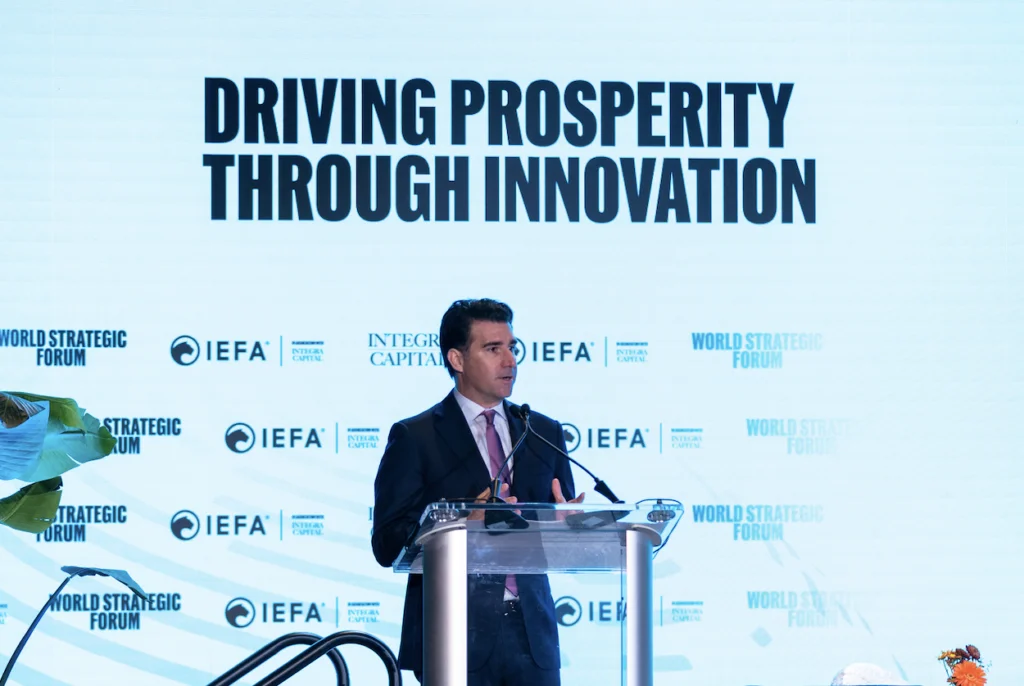Insider Brief
- India’s Department of Telecommunications (DoT) has issued a call for research proposals from academic and research institutions focused on the standardization and testing of quantum technologies.
- The initiative’s aligned with Prime Minister Narendra Modi’s ‘Jai Anushandhan’ vision, which emphasizes the importance of research and development in enhancing the lives of Indian citizen.
- he proposed labs will serve as innovation hubs, bringing together quantum technology developers, testing equipment manufacturers, and academic researchers.
PRESS RELEASE –India’s Department of Telecommunications (DoT) has issued a call for research proposals from academic and research institutions focused on the standardization and testing of quantum technologies, based on Business Standard reporting. This initiative aims to develop innovative solutions that can enhance the efficiency, security and reliability of communication networks across the country.
The Business Standard reported that the official statement from the DoT specifically highlighted the initiative’s alignment with Prime Minister Narendra Modi’s ‘Jai Anushandhan’ vision, which emphasizes the importance of research and development in enhancing the lives of Indian citizens through advanced telecom products and technologies. By inviting proposals on ‘Quantum Standardisation and Testing Labs,’ the government is encouraging the country’s researchers and entrepreneurs to create a robust infrastructure that supports the burgeoning field of quantum communication.
Quantum technologies, which leverage the principles of quantum mechanics, hold the promise of revolutionizing various sectors, especially telecommunications, according to the release. Quantum communication systems offer — still theoretically — unparalleled security features, including quantum key distribution (QKD), which is virtually unhackable. This makes them ideal for secure communication in a world increasingly threatened by cyber-attacks.

The proposed labs will serve as innovation hubs, bringing together quantum technology developers, testing equipment manufacturers, and academic researchers. These hubs will facilitate collaborative research efforts, driving the exploration and harnessing of quantum technologies’ full potential for societal benefit. The establishment of these labs is expected to foster a vibrant ecosystem where ideas and innovations can flourish, paving the way for groundbreaking advancements in the field.
The Economic Times, India lists the two core objectives of the program:
Ensuring Interoperability, Reliability, and Security of Quantum Communication Systems: The initiative aims to drive research and development in quantum technologies to develop communication systems that are interoperable, reliable, and secure. This includes leveraging quantum mechanics principles to create superior security features such as Quantum Key Distribution (QKD), which provides a highly secure method for encrypting communications and protecting them from cyber threats.
Fostering Innovation and Collaboration in Quantum Technologies: The establishment of Quantum Standardisation and Testing Labs will serve as innovation hubs, bringing together quantum technology developers, testing equipment manufacturers, and academic researchers. These labs will support collaborative research efforts, fostering a vibrant ecosystem that nurtures innovative ideas and advancements in quantum communication, ultimately enhancing the digital experience and data security for Indian citizens.
The government’s focus on quantum technologies is part of a broader strategy to make India self-reliant in high-tech domains and to set global benchmarks in this cutting-edge field. The initiative underscores the importance of developing secure, reliable, and efficient quantum communication systems that can improve everyday communication, enhance data security, and elevate the overall digital experience for Indian citizens.
By promoting research and development in quantum technologies, the DoT aims to ensure that India remains at the forefront of global technological innovation. This initiative is not only a step towards achieving technological sovereignty but also a means to provide Indian citizens with access to state-of-the-art communication technologies.














